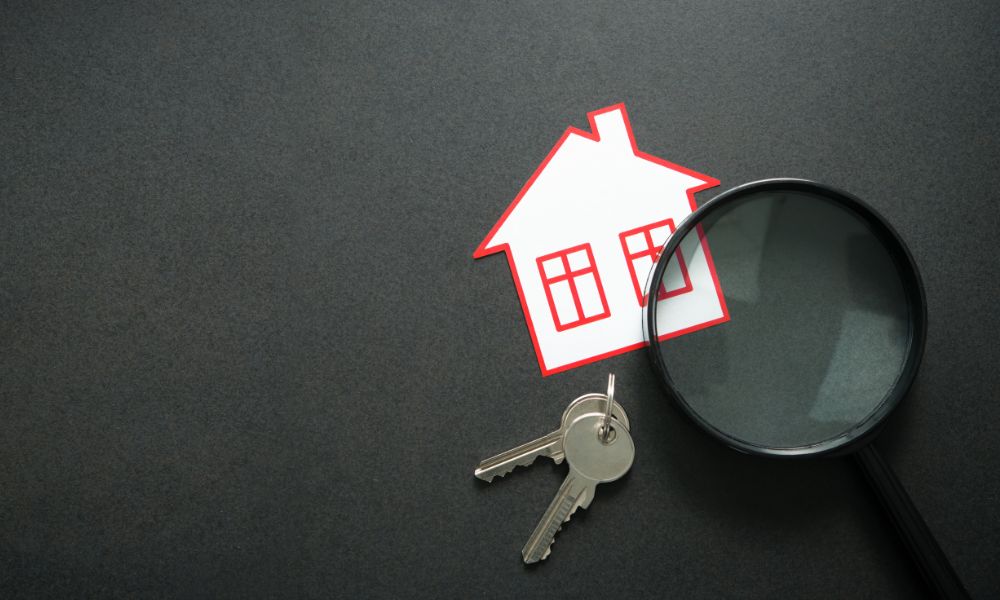Property management can feel like a maze of responsibilities, expenses, and communication. It can be tricky to define everyone’s role, keep costs in check, and make sure expectations are crystal clear. Whether you’re a property owner or considering a career in property management, understanding these elements is essential for maintaining a smooth operation.
This guide dives deep into the essential roles, varying costs, and realistic expectations of property management. We’ll also clarify what property owners should anticipate in terms of service and communication, ensuring you’re equipped to make informed decisions in this dynamic field.
Introduction to Property Management
What is property management? Property management encompasses the day-to-day oversight of residential, commercial, or industrial real estate by a professional property manager or a property management firm. These professionals are tasked with handling all aspects related to the upkeep and administration of real estate properties to ensure they are well-maintained, legally compliant, and financially successful.
Hiring a professional property manager can significantly enhance the value of a rental property. Most property managers bring expertise in tenant relations, property maintenance, and regulatory compliance, which can lead to higher occupancy rates, lower turnover, and overall better financial performance.
Types of Property Managers
A brief look at the variety of property managers shows the diverse expertise within the field:
- Residential: These managers specialize in properties like apartments and single-family homes, focusing on managing leases, tenant needs, and property upkeep.
- Commercial: These managers manage property such as office buildings, malls, and business centers. They must balance the needs of business tenants with real estate operations.
- Industrial: These professionals handle properties used for manufacturing or distribution. Their role often involves managing very specific maintenance and compliance standards.
- Special-Purpose: This category includes managers of properties like schools, churches, and hospitals, which require specialized management strategies to support their unique functions.
Roles and Responsibilities of a Property Manager
A property manager handles various daily tasks crucial for maintaining property standards and tenant relations. This includes operations such as rent collection, ensuring tenants pay on time, and resolving financial discrepancies. Lease management and tenant communication are central to their role, involving negotiations of lease terms, handling renewals, and promptly addressing tenant concerns. The manager also oversees maintenance and repairs, coordinating routine maintenance to prevent deterioration and emergency repairs to address sudden issues, often managing contractors to ensure quality work.
Financial management and legal compliance are core aspects of their responsibilities. Property managers undertake budgeting and financial reporting to manage cash flows and maintain financial health, handle security deposits with care to meet legal requirements and manage bill payments. They ensure compliance with Landlord-Tenant Laws, oversee evictions, and maintain property operations within the framework of local, state, and federal regulations. These duties are essential for the property’s profitability and legal standing, highlighting the indispensable role of property managers in real estate.
How Property Management Companies Operate
Property management firms typically operate with a structured hierarchy to efficiently handle various aspects of real estate management. Property managers at the core of this structure oversee daily operations, supported by a team that may include maintenance personnel, accountants, and customer service representatives. This allows for specialized handling of different elements like tenant issues, financial management, and property maintenance under one roof, ensuring comprehensive service coverage.
Common services include full-scale property management, encompassing everything from marketing rental properties to managing tenant relationships and property maintenance. Additional services might include property marketing, tenant screening, lease negotiation, rent collection, and legal compliance consulting.
A key distinction between individual property managers and property management companies lies in the breadth and scale of services provided. While a property manager might specialize in specific tasks such as tenant communication or lease management, companies provide a holistic approach, often capable of managing multiple properties or large-scale developments.
Costs Associated with Property Management
Understanding the costs involved in hiring a property management service is essential for property owners aiming to maximize their investment returns. These costs can vary significantly based on factors such as the property’s size, location, and the complexity of management tasks required.
How Much Does a Property Manager Cost?
The cost of hiring a property manager depends on the type of property, the range of services needed, and the property’s location. Key factors influencing the cost include the number of units, the scope of collecting rent, and handling maintenance requests from tenants. Property managers charge a fee that correlates with the responsibilities they undertake, especially in managing prospective tenants and screening tenants to ensure reliability and compatibility.
Understanding Property Management Fees
Fees for property management services are commonly calculated based on a percentage of the rental income, known as Percentage-Based Fees. Some managers might opt for Flat Fees, independent of the rent amount collected. Leasing Fee may be charged for securing new tenants, which covers the cost of marketing, showing the property, and processing new tenant applications.
What is the Average Property Management Fee for Rental Properties?
Generally, property management fees range from 8% to 12% of the monthly rental income. These fees can differ by Location—with urban areas often demanding higher fees—and by Property Type, as different properties require varying management approaches.
Common Additional Fees and Expenses
Property owners should also consider Common Additional Fees like Lease Renewal Fees, charged for the administration of lease renewals. Advertising Fees ensure the property is effectively marketed to attract prospective tenants. Maintenance Surcharges might be applied to supervise significant repairs or improvements, which are crucial for keeping the property in excellent condition and up to regulatory standards.
What to Expect from a Property Management Company
When engaging with a property management company, owners of investment properties and multiple rental properties can anticipate a streamlined approach to handling their assets. Professional property managers play a crucial role in ensuring effective communication and detailed reporting, keeping property owners informed about the financial and operational status of their properties. They are adept at navigating tenant interactions, resolving conflicts swiftly to maintain a harmonious living environment, and diligently managing maintenance issues to uphold property standards.
The property management industry demands a proactive approach to property inspections and maintenance, tasks that are integral to preserving the property’s value and ensuring it meets all regulatory standards. These services are part of the core property manager’s responsibilities, providing owners peace of mind and maximizing the potential of their real estate investments.
Repair and Maintenance Responsibilities
Managing repairs and maintenance efficiently is key to keeping properties in top condition and resolving operational issues swiftly. Property managers coordinate these essential tasks, ensuring that every aspect of property upkeep, from routine checks to emergency responses, is handled professionally.
Do Property Managers Pay for Repairs?
Typically, property managers do not directly pay for repairs; instead, they manage the repair budget provided by property owners. The costs are usually deducted from the rental income or covered by a reserve fund set aside for such purposes. Property managers ensure that repairs are done cost-effectively and timely while maintaining the quality and value of the property.
How Repairs and Maintenance Are Managed
Property managers have systems in place to handle both routine maintenance and unexpected repair needs. They coordinate with trusted contractors and service providers to address maintenance issues promptly. Regular inspections and maintenance schedules are part of their strategy to prevent minor issues from becoming major problems, ensuring the property remains in optimal condition.
Emergency Repairs: Who Handles What?
In the event of emergency repairs, property managers act quickly to mitigate damage and restore functionality. They are typically the first point of contact for tenants and are responsible for making immediate decisions to manage the situation. Their role involves coordinating with emergency service providers and overseeing the repair process to minimize impact on tenants and property.
Preventative Maintenance Programs
Preventative maintenance programs are essential in property management, aimed at regularly servicing key components of the property to avoid future breakdowns. Property managers schedule regular checks and servicing for systems like heating, ventilation, air conditioning, plumbing, and electrical systems to ensure they are always running smoothly. This proactive approach helps extend the life of the property’s infrastructure and reduces overall repair costs.
Dealing with Issues in Property Management
Whether it’s a breakdown in communication or inadequate services, knowing how to address these problems is essential for property owners.
What to Do When Your Property Manager Ignores You
If you find that your property manager is not responding to your inquiries or concerns, the first step is to identify the problem. Is the lack of response due to high workload, miscommunication, or systemic issues within the management company? Once identified, steps to resolve communication breakdowns can include setting up a meeting to discuss your concerns, establishing clearer communication channels, or escalating the issue to higher management to ensure your concerns are addressed.
How to Address Inadequate Property Management Services
Inadequate management can affect everything from tenant satisfaction to the financial performance of your property. Addressing this involves documenting instances of poor service, communicating your expectations clearly to the management team, and providing feedback on how they can improve. If issues persist, consider seeking an alternative management company that aligns more closely with your property management needs.
Legal Recourse Against Negligent Property Managers
When issues extend beyond poor service and into the realm of negligence, such as failing to comply with landlord-tenant laws or mismanaging funds, legal recourse may be necessary. Consulting with a real estate attorney can provide guidance on how to proceed, whether it’s through mediation, arbitration, or
How to Choose the Right Property Management Company
Choosing the right property management company is essential for ensuring your investment aligns with your goals. Consider the company’s industry experience, the range of services it provides, and how its fees are structured. It’s essential to ask about their approach to tenant issues, inspection frequencies, and methods for optimizing rental income. Be cautious of warning signs like lack of clarity, inconsistent communication, or a problematic legal history.
Moreover, prioritize checking reviews and seeking references to gauge the company’s track record and effectiveness based on other property owners’ experiences. This careful selection process will help you find a management firm that meets your property management requirements.
Pros and Cons of Hiring a Property Manager
Hiring a professional property manager brings several advantages, such as ensuring efficient management of your property, reducing your daily responsibilities, and potentially increasing your rental income through expert lease management and tenant retention strategies. They can also handle complex legal compliance issues, which can save you significant time and protect you from potential liabilities.
However, potential drawbacks include the costs associated with their services, which might reduce your overall profitability. If not chosen carefully, a property manager might not align with your personal approach to tenant relationships and property care, leading to frustration and mismanagement.
Synthesizing Property Management Essentials
Diving into property management can be like navigating a bustling city: exciting yet daunting if you’re not sure where to turn. Remember, the right property management company acts as your city guide, helping you navigate through the complexities of real estate investment with ease. It’s important to choose wisely, focusing on companies that not only promise to safeguard your investment but also enhance your property’s value and tenant satisfaction.
Consider this journey one of partnership, where the success of your property is directly linked to the expertise and integrity of the manager you choose. Treat the selection process as you would any major investment—research thoroughly, consult widely, and decide with confidence.
Explore Property Management Services at Intersection Real Estate






